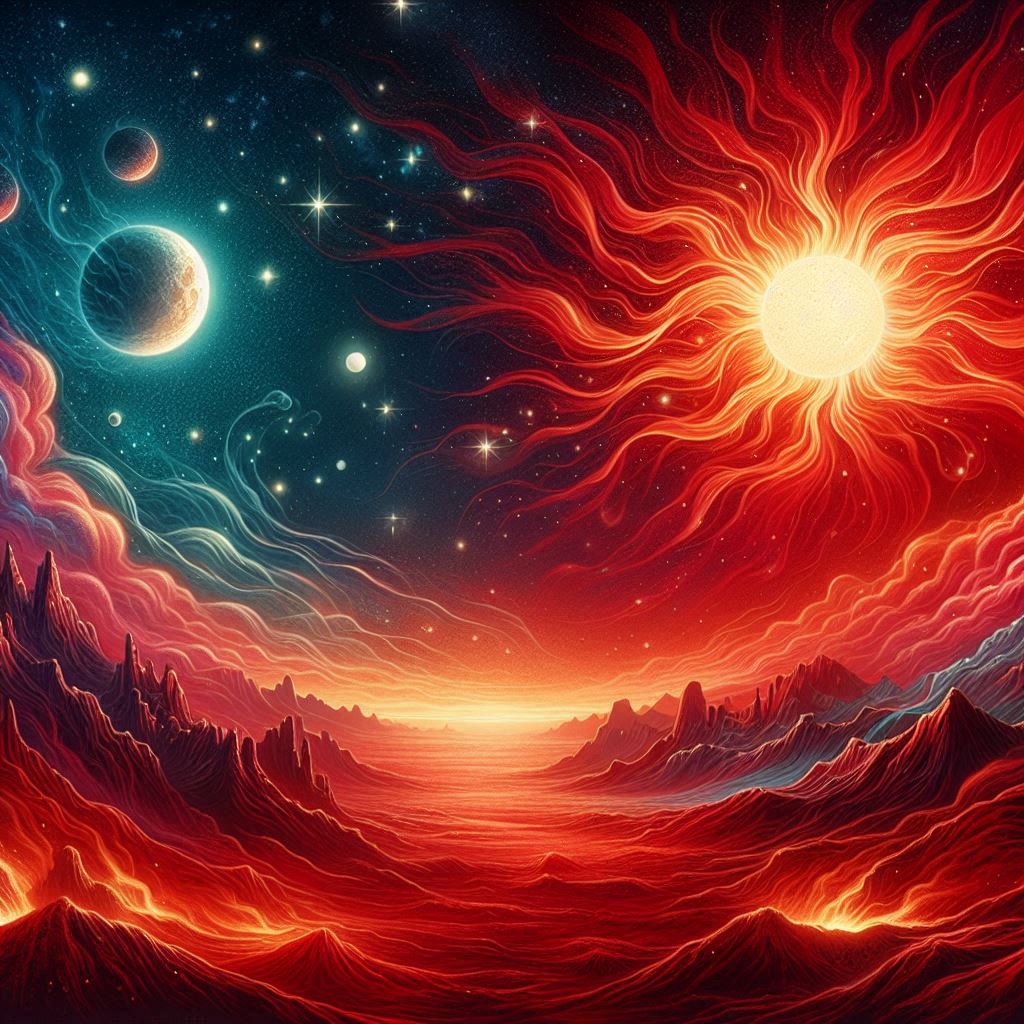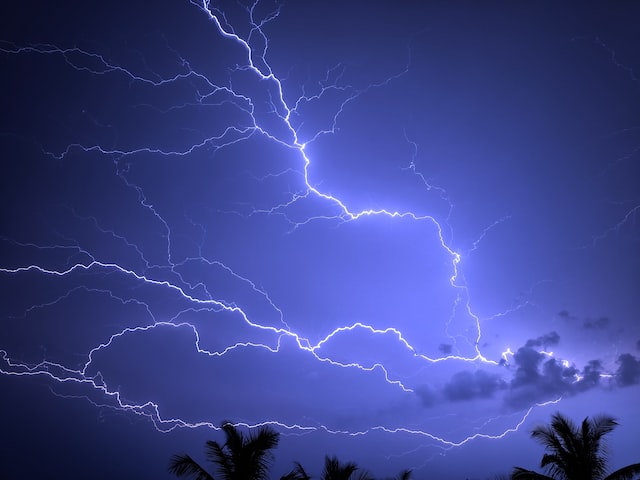After listening to the details of ill omens regarding the impending war, Dhritarashtra asked Vyasa to tell him about good omens that predicted victory in the war. Though he repeated that he accepted the fate of his sons and their destruction, he was still hopeful the results would favor Duryodhana somehow.

Vyasa mentioned a few omens that appeared when victory chose a person/ side.
- The sacrificial fire had a cheerful radiance, and its flames were straight and tall (instead of bending and fluttering to the sides).
- The oblations offered to the fire had a sweet and sacred fragrance.
- The sounds emitted from the drums and conch shells were deep and steady.
- The sun and moon rays were pure.
- The crows made beneficial cries when sitting or flying (crows have varied roles; on one side, they represent death, but on the other side, they indicate the arrival of a guest or something good).
- The vultures, swans, cranes, parrots, and woodpeckers circled to the right side and made beneficial cries (this would be understood if one knew how to decode bird cries).
- The ornaments, armour, and flags of the victorious men would be in gold, shining so brightly that it would be hard to look at them. The garlands around the necks don’t fade.
- Warriors who speak kind words before entering the battlefield and don’t attack the opponent without a warning would be victorious.
- Winds, clouds, rain, crows, etc., become favorable, and there would be showers from the clouds with rainbows (Arjuna was showered with flowers, and a wonderful scent reached him when on the days he killed Jayadratha and Karna).
- Irrespective of the army size, a group of warriors with cheerful and happy smiles would be victorious.
Vyasa continued that even a large army could be defeated easily if the leader was not capable or if some sections of the troops were terrorized. He advised that success obtained through negotiations was the best, and the one achieved through war was the worst. He warned Dhritarashtra that having a bigger army didn’t indicate victory. A single Garuda killed thousands of nagas. Vyasa knew Dhritarashtra was nursing hope that his sons would win, as they had a larger army and many powerful warriors.
Of course, the war happened, and the Pandavas won.


